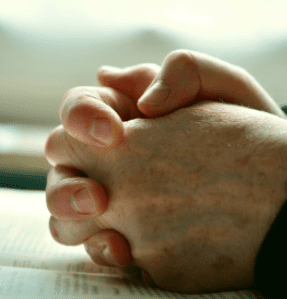Catholic Funeral Traditions:

Losing a loved one is never easy, and planning a funeral can be a difficult process. At the same time, it is an opportunity for Catholics to gather together to honor and celebrate the life of the deceased, while also expressing their faith and hope in the resurrection. Catholic funerals have a rich history and tradition that goes back centuries. At its core, a Catholic funeral is a liturgical celebration of the Paschal Mystery of Christ’s death and resurrection. It is an opportunity to offer prayers for the deceased, to console the grieving, and to proclaim our faith in the resurrection of the dead.
Steps in Planning a Catholic Funeral:
-
- Contact your local Catholic parish to schedule the funeral and to make arrangements for the liturgical celebration.
-
- Choose the music, readings, and prayers for the funeral.
-
- Select a casket or urn for the body or ashes.
-
- Arrange for funeral transportation.
-
- Plan the reception or gathering following the funeral
What To Expect:
The funeral typically includes the following elements:
-
- Vigil Service: A time for family and friends to gather and pray for the deceased.
-
- Funeral Mass: A liturgical celebration of the Eucharist, where the body or ashes of the deceased is present.
-
- Rite of Committal: A brief ceremony at the graveside or place of interment where the body or ashes is laid to rest.
Can Catholics be cremated?
Yes, the Catholic Church permits cremation, but the ashes should be treated with respect and interred in a sacred place.
Can non-Catholics attend a Catholic funeral?
Yes, non-Catholics are welcome to attend a Catholic funeral, but they may not participate in certain liturgical aspects, such as receiving Communion.
Can Catholics donate their body to science?
